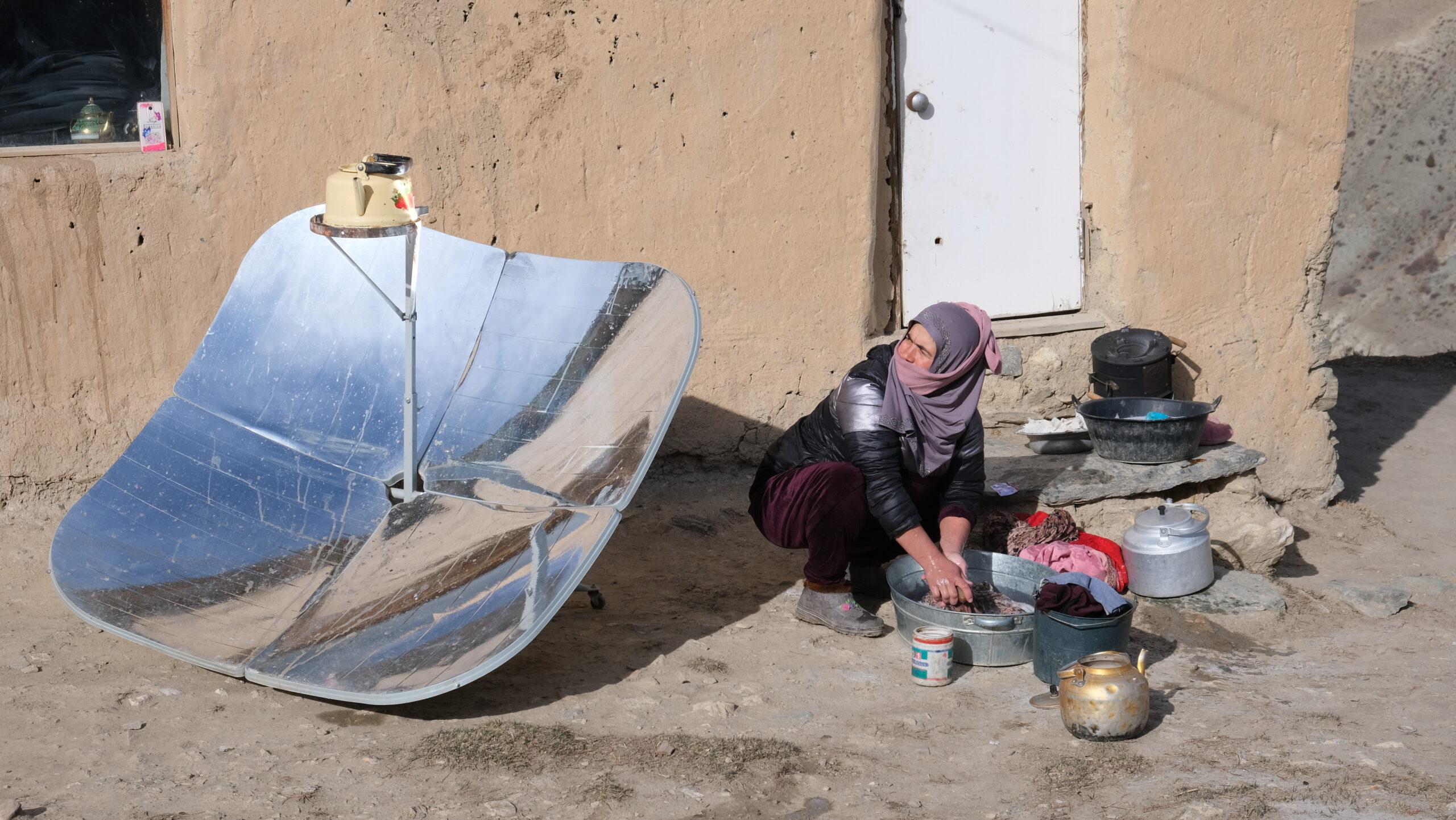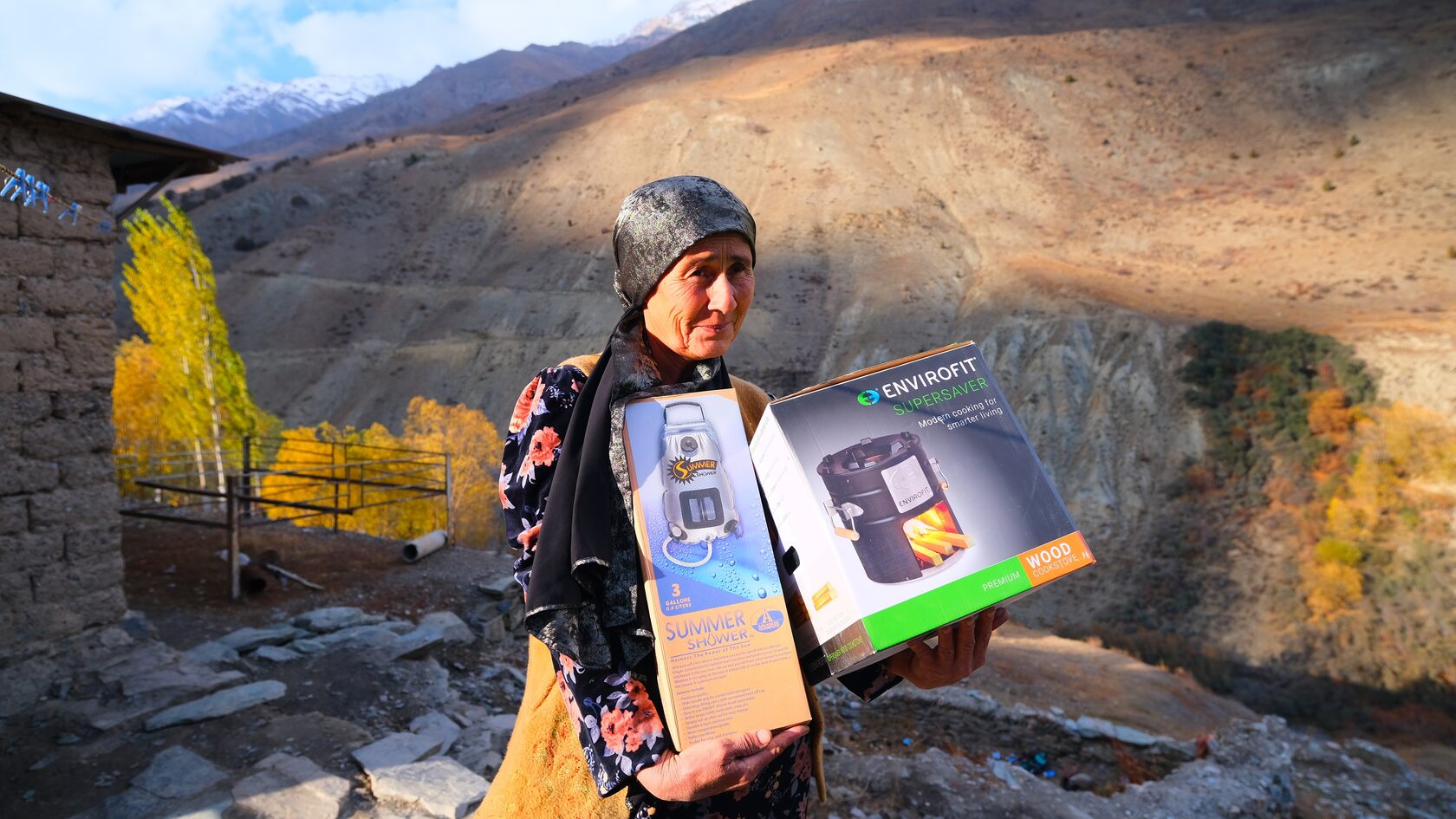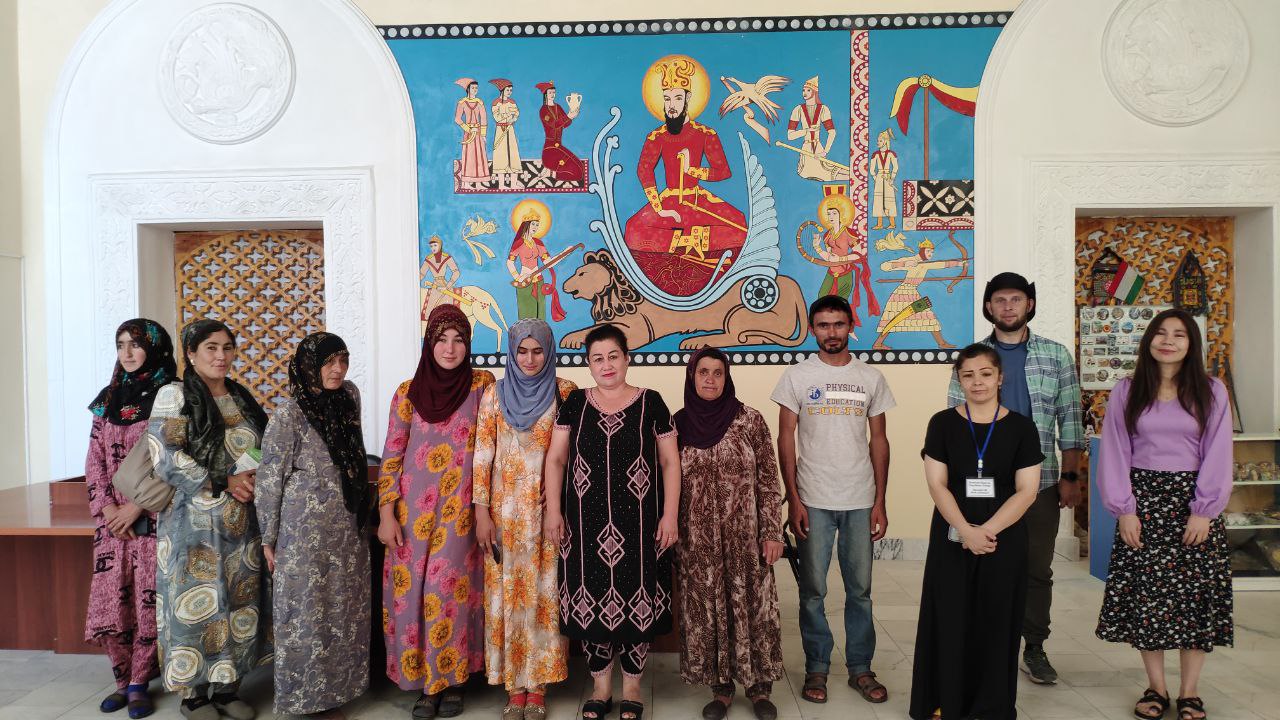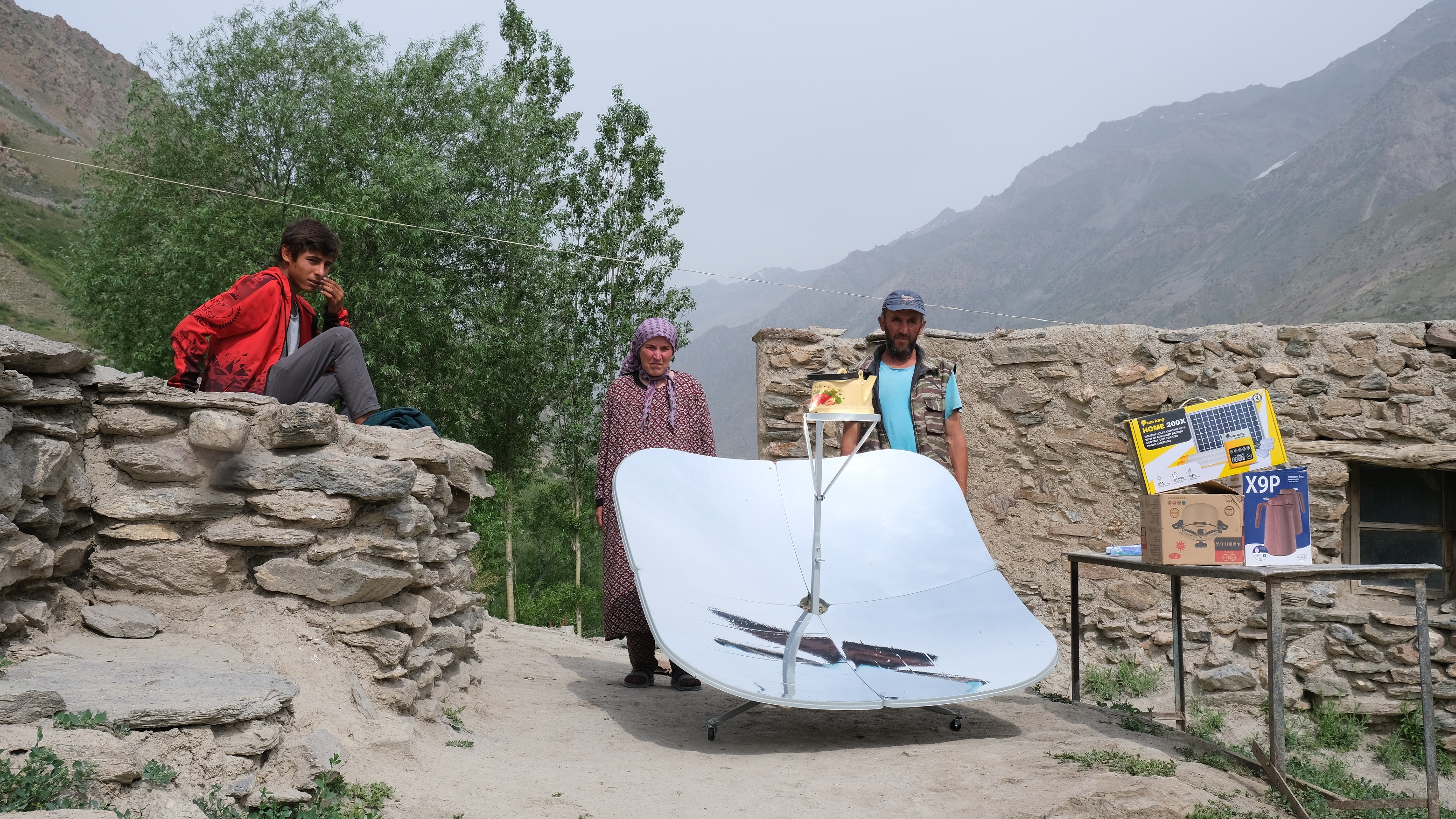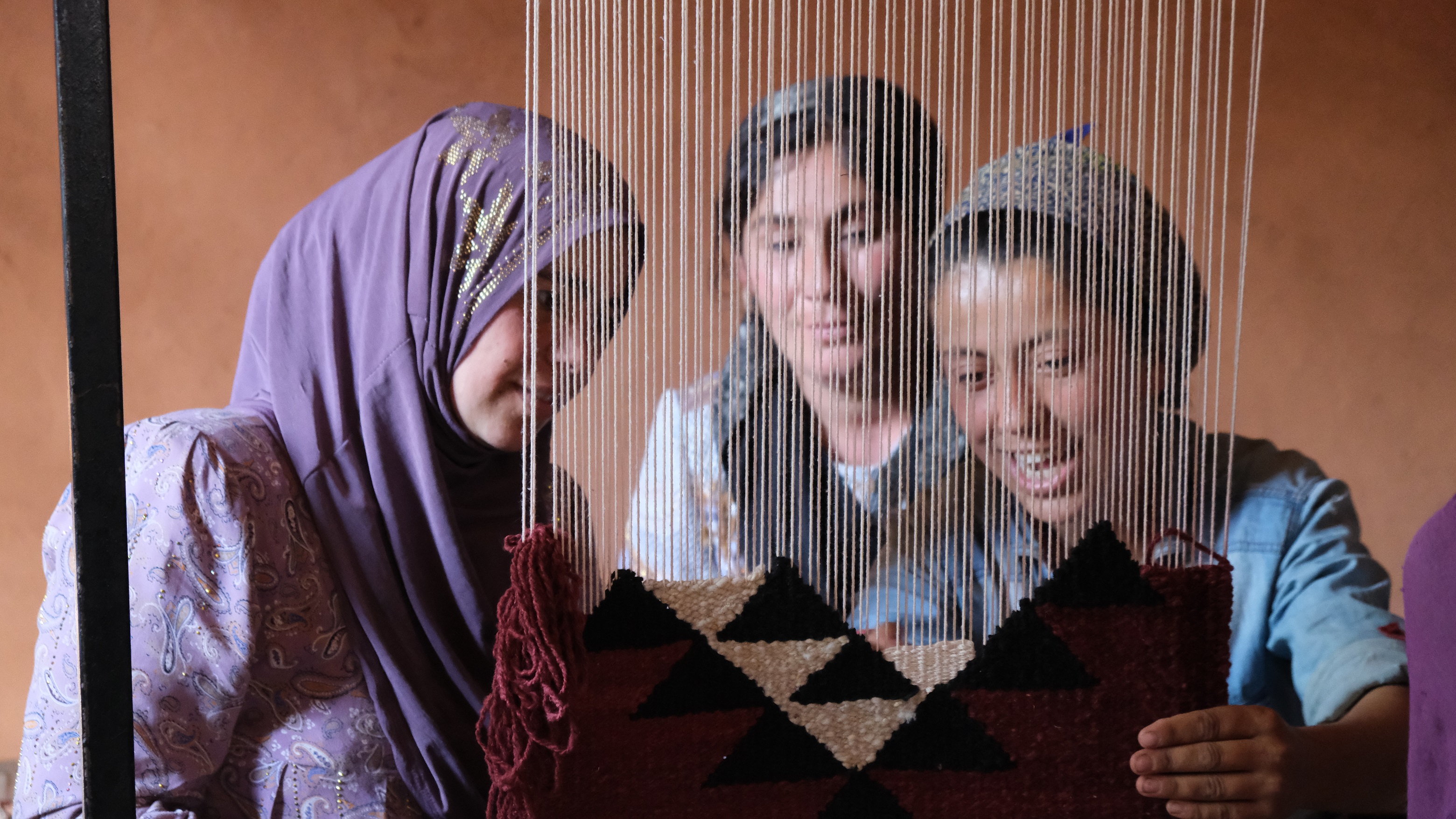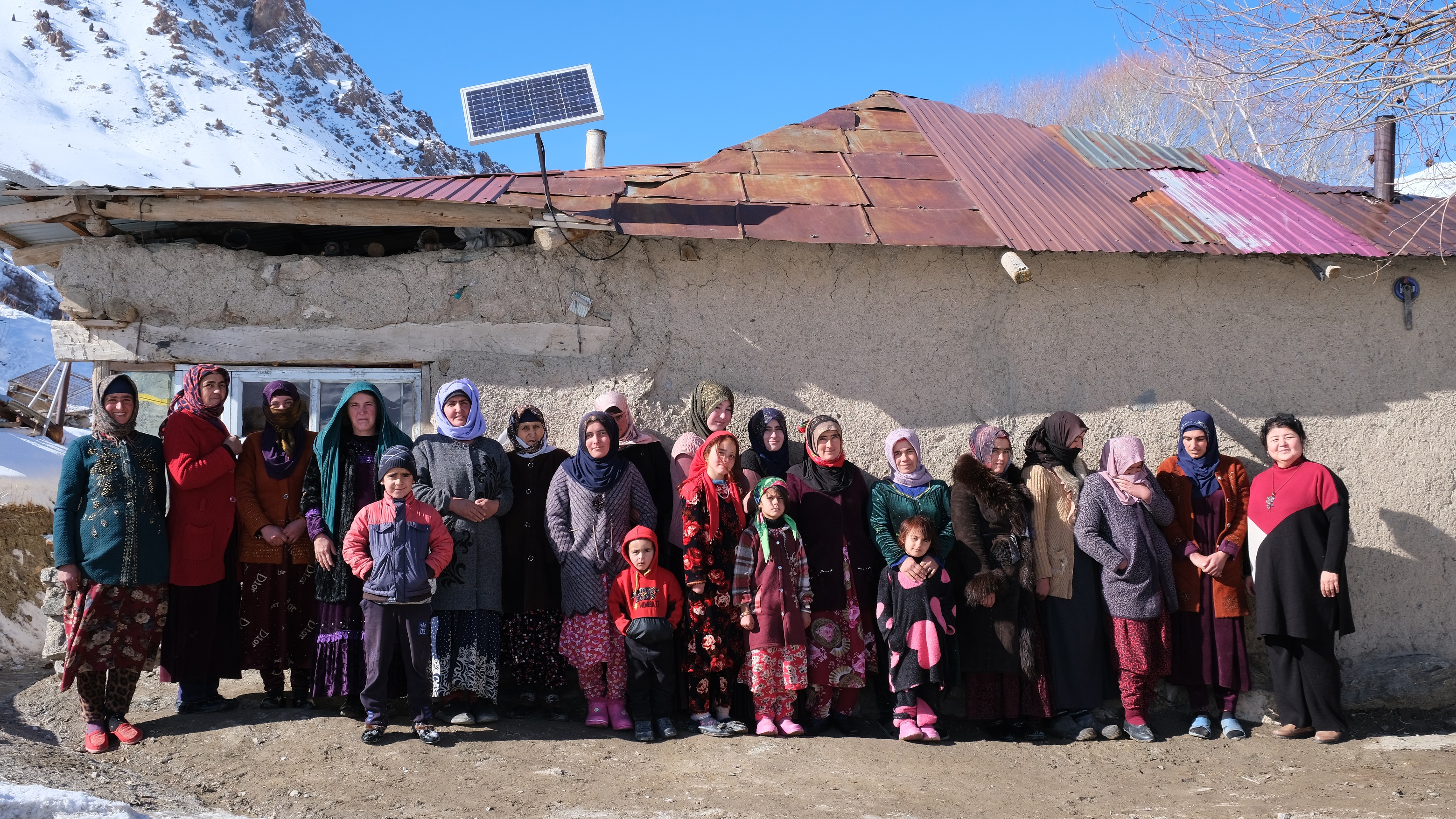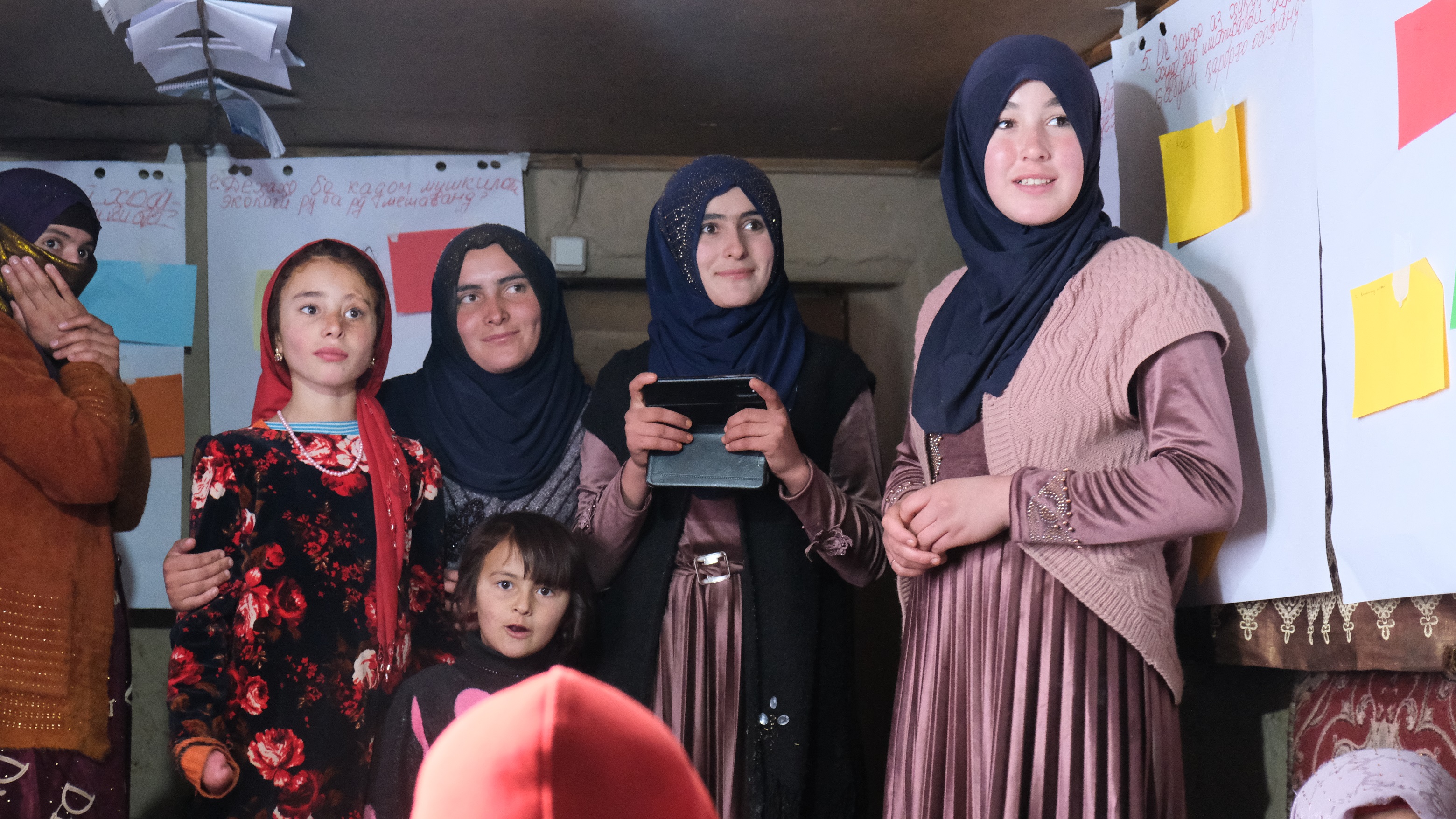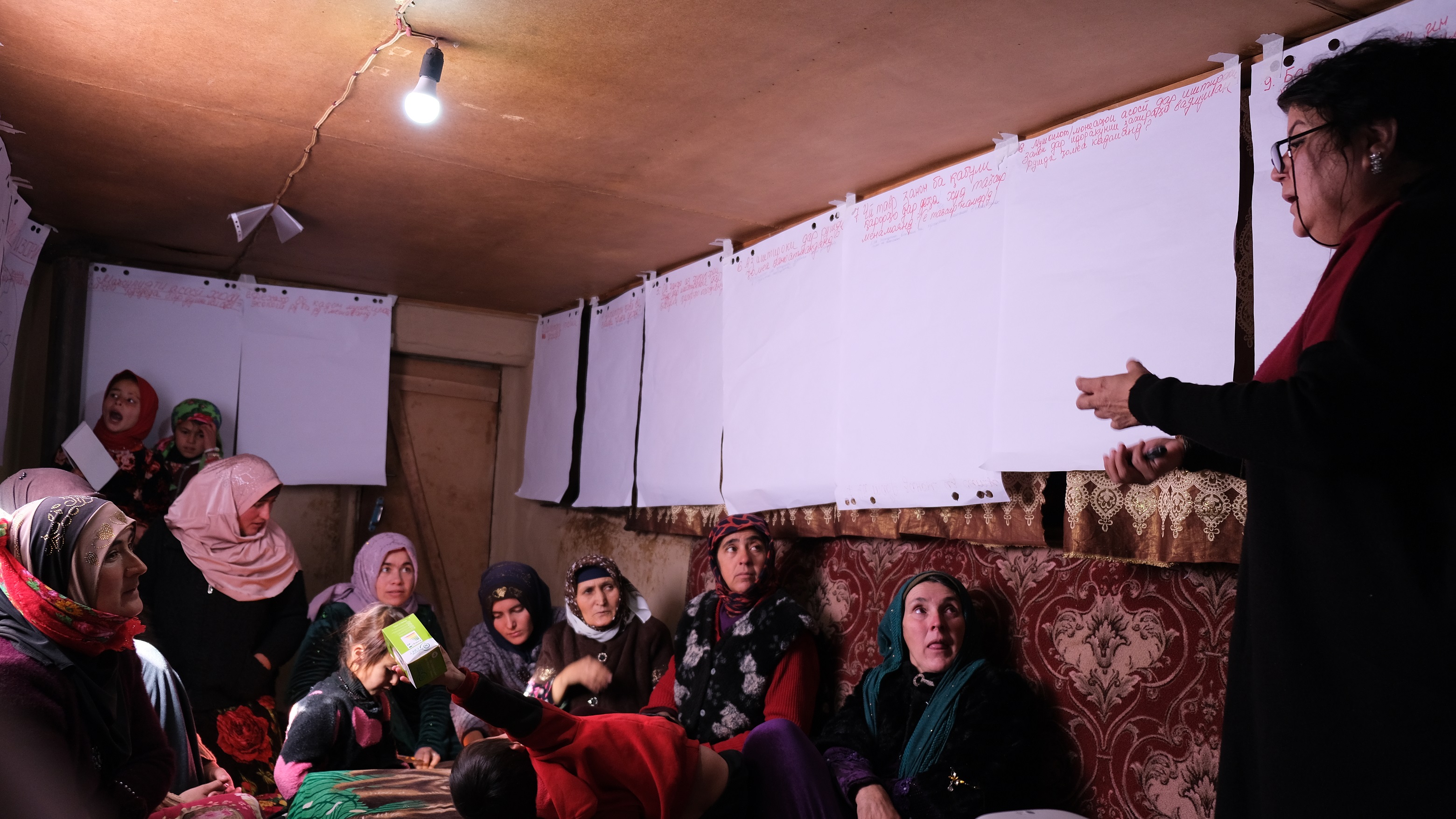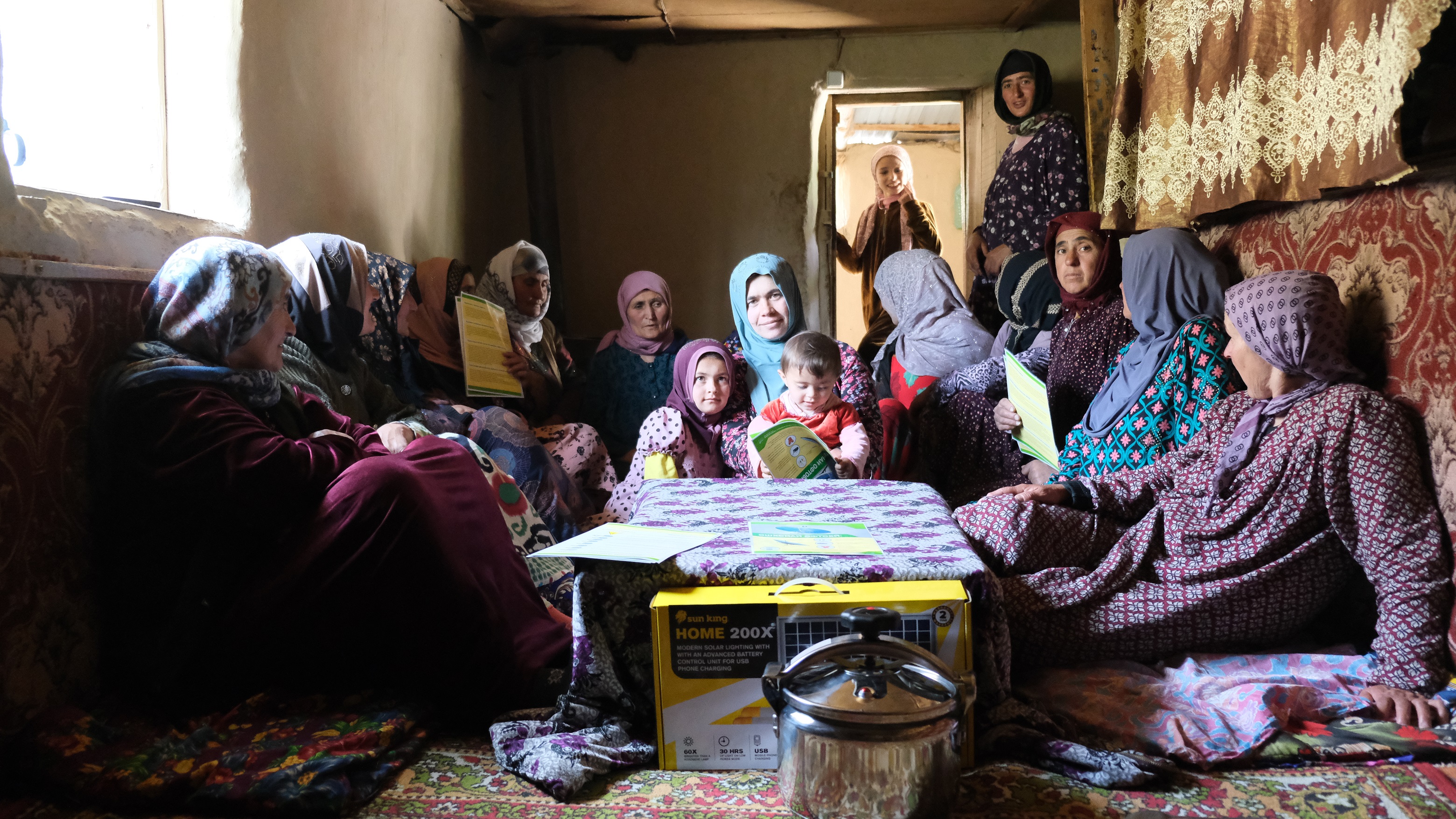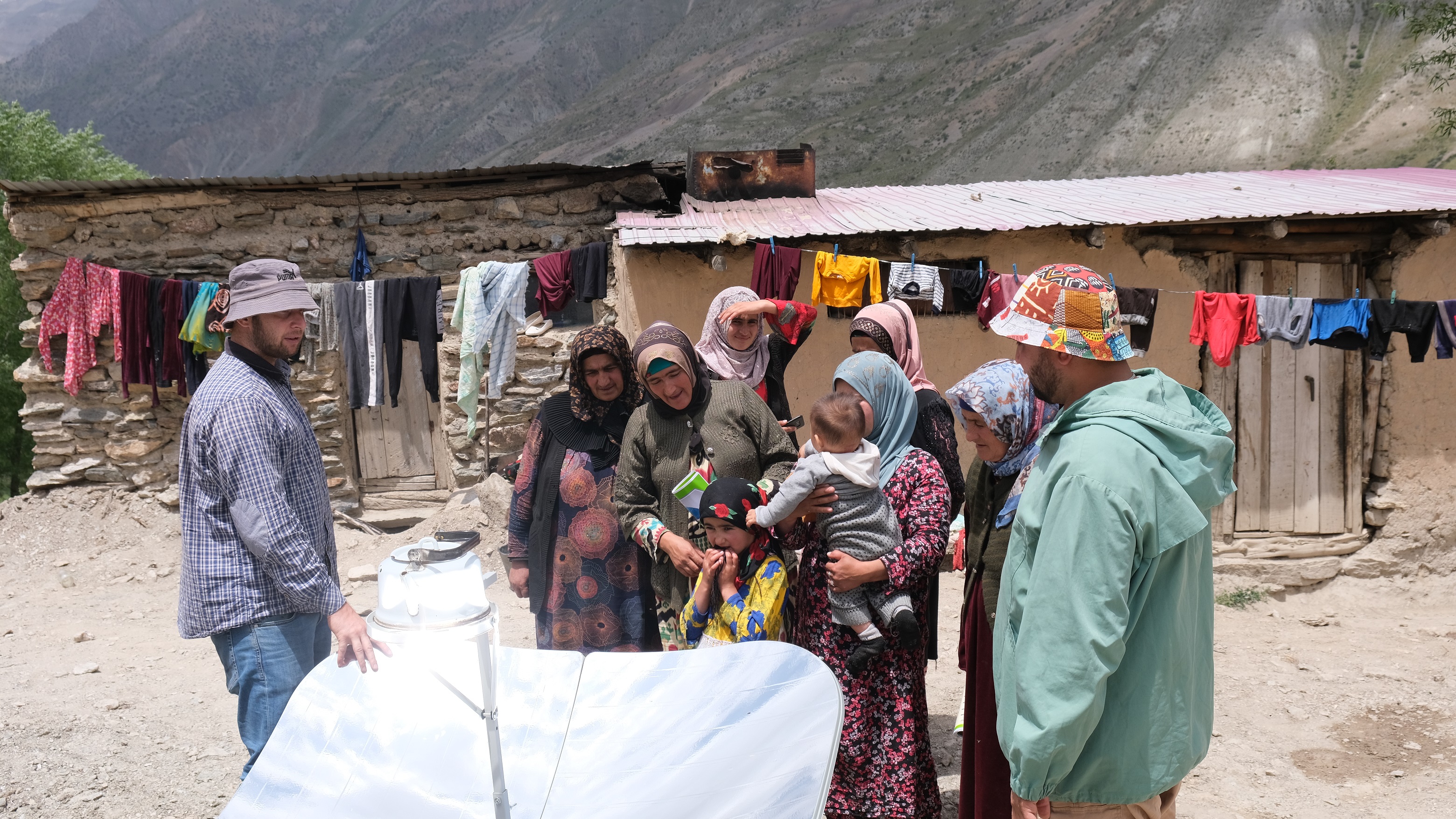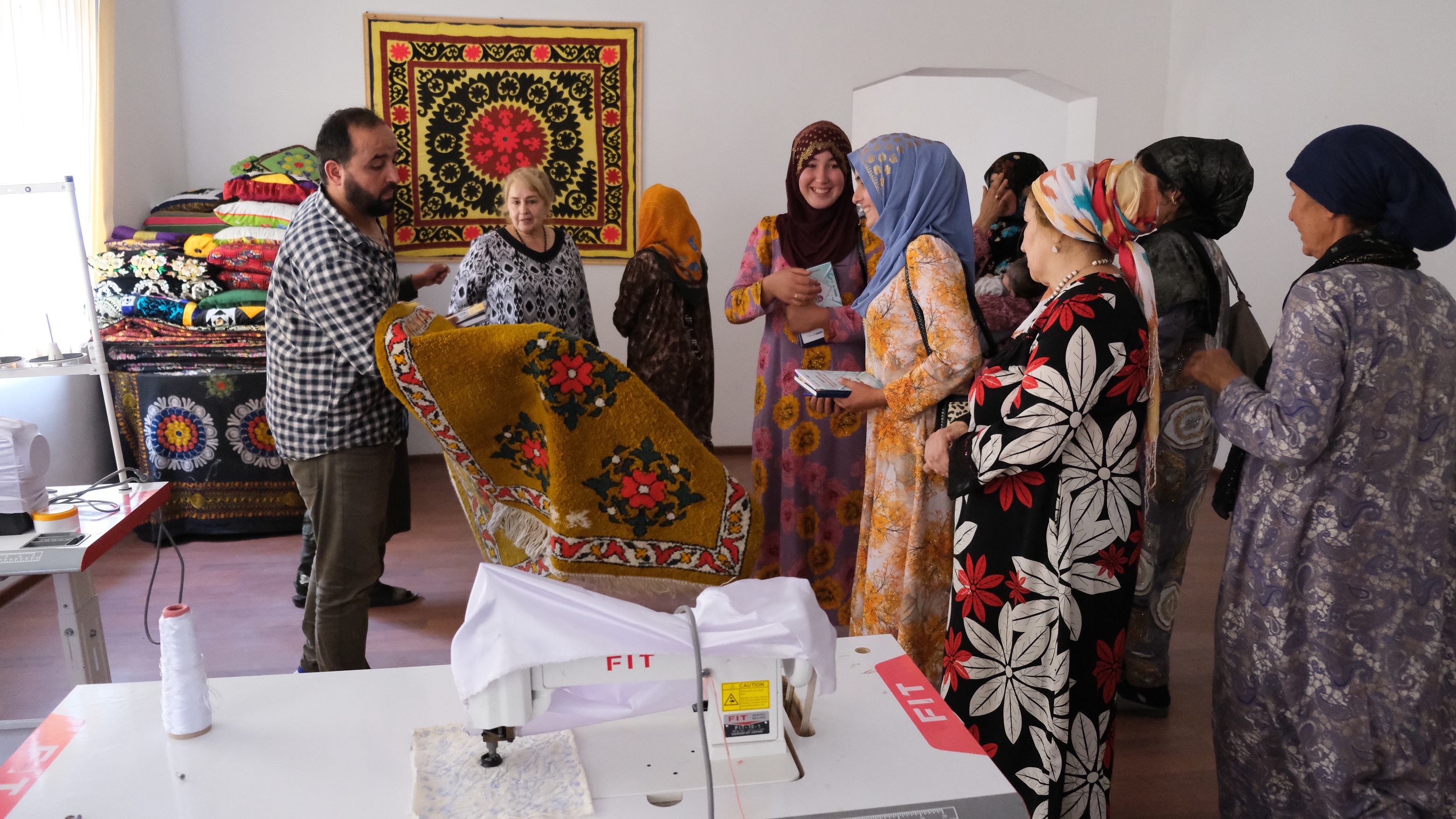The populations of remote rural villages in Tajikistan, particularly the Yagnob valley, are vulnerable to energy poverty. Poor infrastructure and limited access to basic services negatively affect the livelihoods of populations in these regions and hamper development. Additionally, extreme weather conditions contribute to transport isolation of villages during the winter. In addition to a shortage of biomass for cooking and heating, mountain villages in Yagnob lack access to the central grid, leading to energy problems. Rural residents rely heavily on firewood and shrubs, contributing to unsustainable forest cutting, which in turn leads to ecosystem destruction, soil degradation, biodiversity loss, and increased natural disasters. Climate change further exacerbates these challenges.
Women and children are disproportionately affected by energy poverty, as they often spend extensive time collecting and harvesting firewood, depriving them of educational opportunities and employment prospects. Women shoulder the majority of household responsibilities and manage daily natural resource usage. Yet, they have significantly less access than men to the assets and services that would enable them to increase their productivity. Women are also underrepresented in natural resource management committees and user groups. Many women lack essential information and awareness about their rights, opportunities, and the crucial roles they can fulfill in advancing community development.
Since 2023, the collaboration receives its funding from SIDA through ForumCiv's Large Partnership Funding program.
Long-term goal of cooperation
To contribute to sustainable development of mountain communities and ecosystems conservation in the villages of the Yagnob Valley.
Main achievements
- Implementation of clean energy solutions resulting in improved sanitation and health conditions for vulnerable families, along with a decrease in indoor pollution.
- Positive contribution to local ecosystems and landscapes protection, achieved through saving approximately 40 tons of wood per year and reducing annual carbon dioxide emissions by around 100 tons.
- Provision of equipment and knowledge, leading to a reduction in energy poverty and unsustainable environmental practices, as well as to lowered work borden for women and youth.
- Strengthening the capacities of 20 local women in sustainable development of their communities.
- Increasing the scope of women’s participation in decision-making in local communities.





